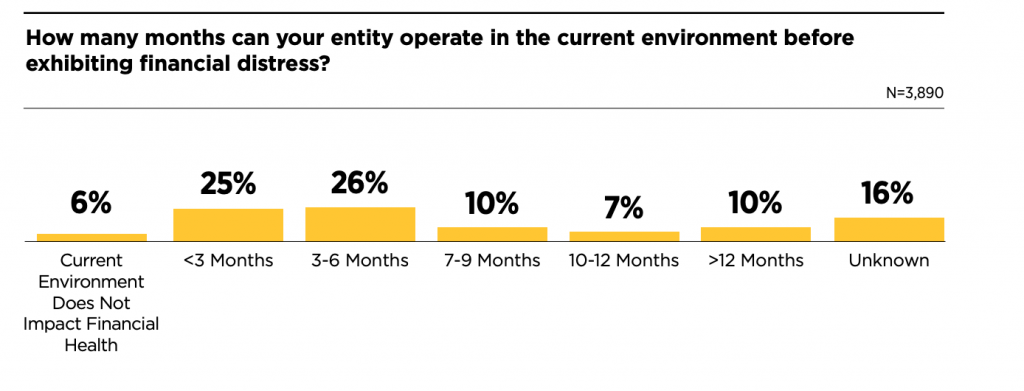- Facebook471
- Threads
- Bluesky
- Total 471
Thanks to the Former Members of Congress Association, I joined Former Member Dennis Ross (R-FL) and mayors Nan Whaley (D-Dayton), Francis Suarez (R-Miami) and Marty Walsh (D-Boston), for a discussion of civic engagement during the pandemic.
I particularly appreciated Mayor Walsh’s eloquence about respecting poorly-paid work. His point expanded into a broader discussion of how to get everyone involved in the “public work” of rebuilding our community and country. On that topic, see “War Is a Poor Metaphor for This Pandemic” by Harry Boyte and Trygve Throntveit in Yes!.
I learned a lot from the mayors. I ended up thinking that the attitudinal effects of the pandemic may well be positive. We may care more about each other and feel more motivated to work together on public goals. The fact that the crisis is widely (although inequitably) shared will provide an opportunity to bring Americans together. However, the economic impact on civic life is very worrying.
To that last point, the Federal Reserve system recently surveyed a mix of local organizational leaders (two thirds of them from nonprofits) about the impact of the pandemic. “Nearly 2 out of 3 respondents (66%) indicated demand for their services has increased or is anticipated to increase, and more than half of the respondents (55%) noted a corresponding decrease or anticipated decrease in their ability to provide services.”
This chart from the Fed. paper is particularly significant:

See also: the Coronavirus information commons; a Green recovery; “Educational Equity During a Pandemic“; trends to watch in civil society; why the relatively good US numbers for COVID-19 mortality?; effects on civil society will be mediated by the economy; and COVID-19 is not a metaphor.